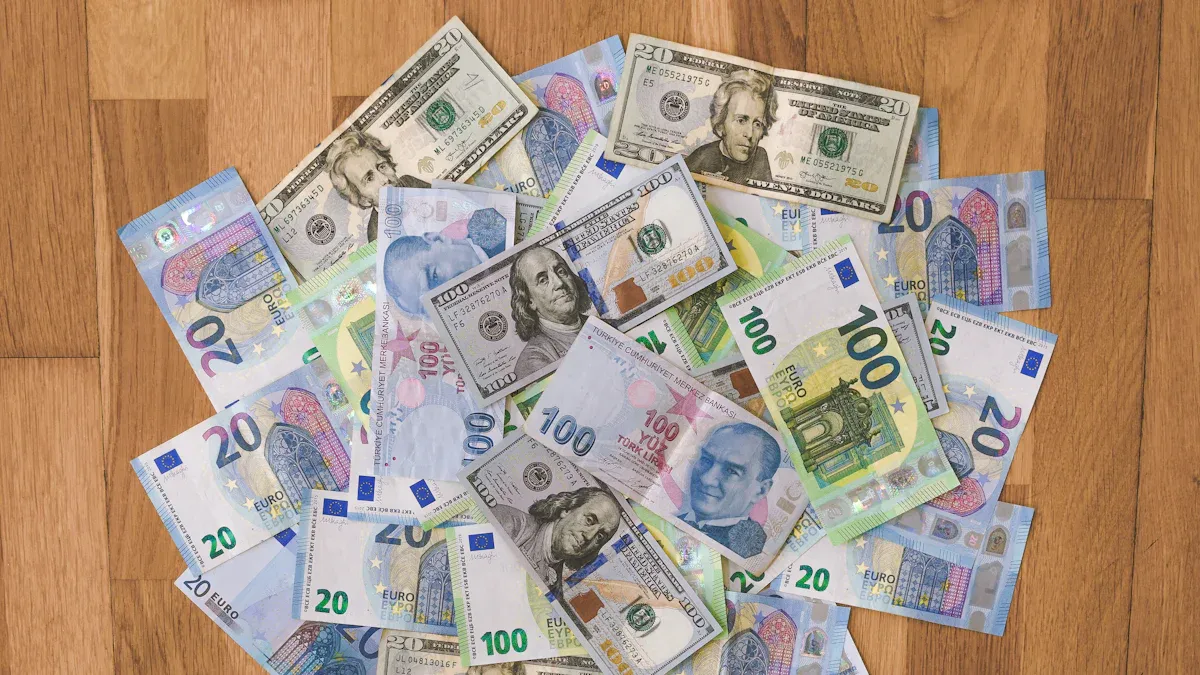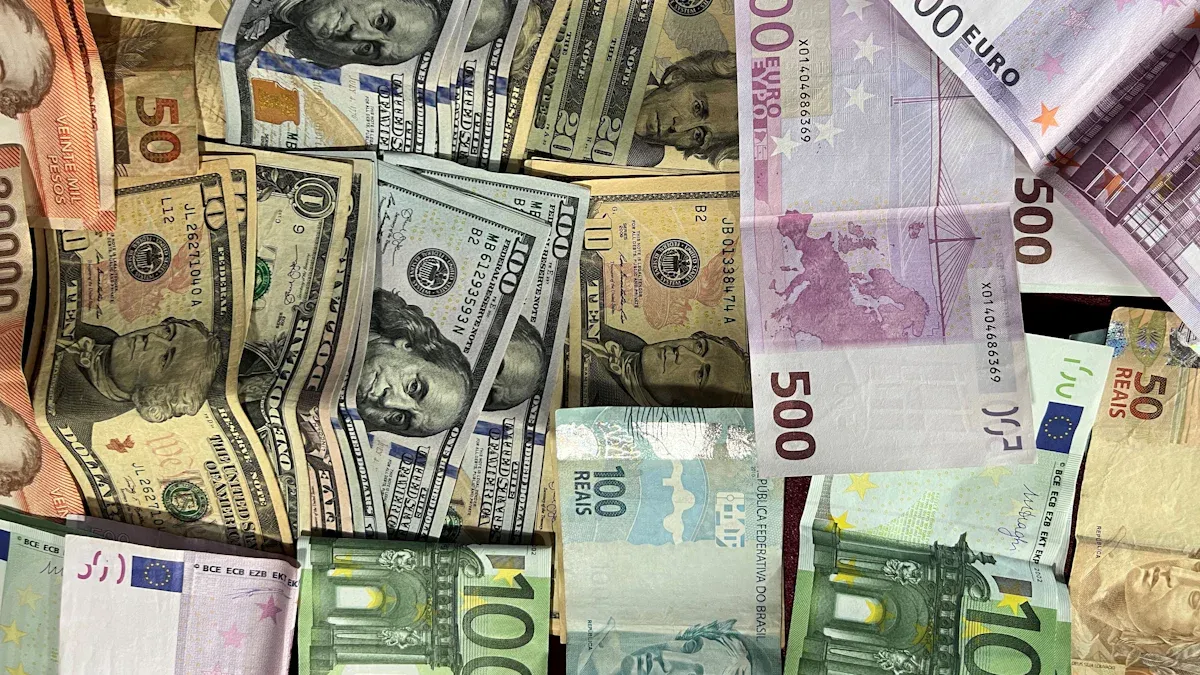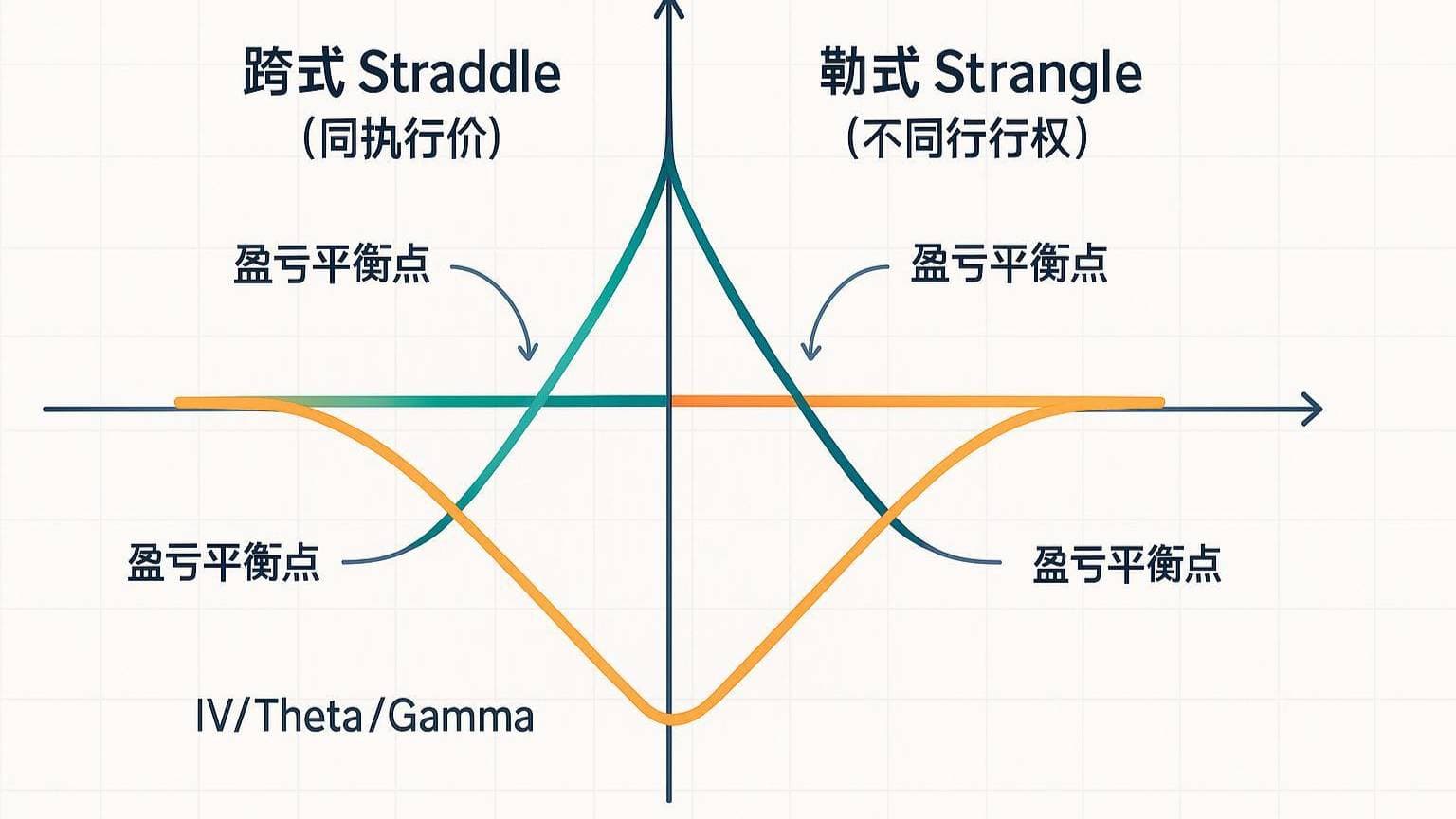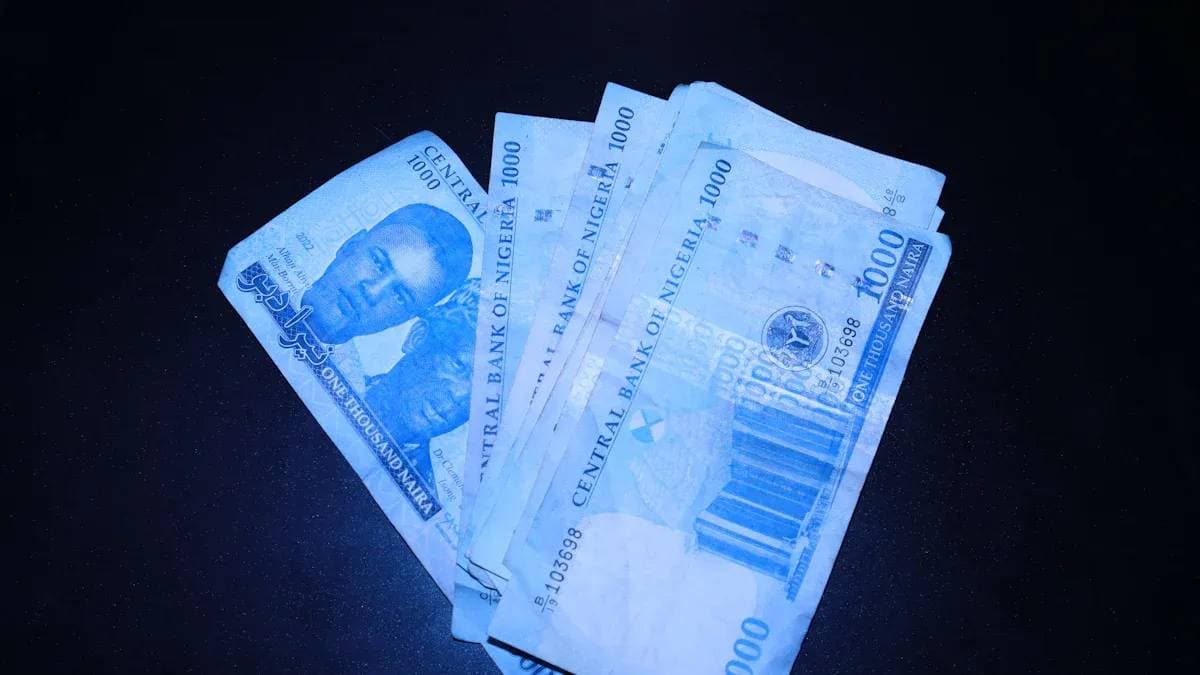- EasyCard
- Trade
- Help
- Announcement
- Academy
- SWIFT Code
- Iban Number
- Referral
- Customer Service
- Blog
- Creator
Turkish Currency: A Comprehensive Introduction and Guide to the Use and Exchange of the Turkish Lira

Image Source: pexels
Planning a trip to Turkey? You need to know that the official currency is the Turkish Lira (TRY). Due to its highly volatile exchange rate, mastering the right way to handle money is crucial. For example, over the past year, the Lira’s value against the Euro has seen significant declines.
Core Advice: Due to the difficulty of directly exchanging Turkish Lira in many regions, the best strategy is to bring USD or EUR cash. Upon arriving in Turkey, exchange it in batches at local exchange offices (Döviz Bürosu).
Understanding this information can make your trip smoother and help you avoid unnecessary financial losses.
Key Points
- When traveling to Turkey, bring USD or EUR cash due to the Turkish Lira’s volatile exchange rates.
- After arriving in Turkey, exchange money at reputable city exchange offices, as airport and hotel rates are typically poor.
- When paying with a credit card, always choose to settle in the local currency (Turkish Lira) to avoid Dynamic Currency Conversion (DCC).
- Cash is mainly used for small transactions, such as shopping at markets, tipping, and public transportation.
- Exchanging Lira in batches is a wise choice to spread exchange rate risks and avoid over-exchanging at once.
Comprehensive Overview of the Turkish Lira (TRY)

Image Source: pexels
Before using the Turkish Lira, familiarize yourself with its basic appearance and characteristics. Knowing this information will make you more confident in transactions.
Banknotes and Coin Denominations
Turkey’s currency unit is the Lira, with the smaller unit being the kuruş, where 1 Lira equals 100 kuruş. In daily transactions, you’ll encounter the following denominations of banknotes and coins:
| Type | Denominations |
|---|---|
| Coins | 1, 5, 10, 25, 50 kuruş, 1 lira |
| Banknotes | 5 (brown), 10 (red), 20 (green), 50 (orange), 100 (blue), 200 (purple) |
All banknotes feature the portrait of Mustafa Kemal Atatürk, the founder of modern Turkey, on the front.
Characteristics and Recent Exchange Rate Trends of the Lira
The most prominent feature of the Turkish Lira is its highly volatile exchange rate. This is primarily driven by the country’s high inflation rate and monetary policy. As a result, the exchange rate you see today may differ significantly from tomorrow’s.
In recent years, the Turkish Lira has continuously depreciated against major currencies like the USD and EUR. For example, over the past 12 months, the Lira’s value against the USD has dropped by over 20%. According to historical data, the value of 1 Lira fell to a low of approximately 0.0238 USD in the past 6 months.
This volatility means you need to closely monitor exchange rate changes during your trip to exchange at the most favorable times.
Simple Ways to Identify Authentic Notes
While the likelihood of receiving counterfeit notes is low, knowing a few simple verification techniques can give you peace of mind. When receiving large-denomination banknotes, quickly check the following:
Three-Step Quick Note Verification:
- Check Watermark: Hold the note up to the light to see Atatürk’s portrait watermark in the blank area.
- Feel Texture: Run your fingertip over the portrait and denomination numbers on the front; you’ll feel a distinct raised texture, a feature of intaglio printing.
- Tilt Angle: Tilt the note to observe the holographic strip on the front, which displays different colorful patterns as the angle changes.
With these simple steps, you can easily identify most counterfeit notes.
Cost-Effective Turkish Lira Exchange Strategies

Image Source: pexels
Mastering the right exchange strategy is key to saving money during your trip to Turkey. Choosing the wrong place or timing could cost you significant travel expenses. Below, we break down how to exchange currency cost-effectively in Turkey.
Pre-Trip Preparation: Bring USD or EUR
Your most important pre-trip preparation is to bring sufficient USD or EUR cash. Due to the Turkish Lira’s volatility and difficulty exchanging it in places like mainland China or Hong Kong, carrying major foreign currency cash is the best choice.
Important Note: Cash Carrying Regulations You can bring any amount of foreign currency cash into Turkey. However, if the total amount per person exceeds $10,000 (or equivalent in other currencies), you must declare it to customs upon arrival.
Keep the following in mind:
- Entry Restrictions: There’s no upper limit on cash brought into Turkey as long as the funds are legitimate.
- Exit Restrictions: When leaving Turkey, carrying Turkish Lira worth over $5,000 is not allowed. Carrying foreign currency exceeding $5,000 requires declaration.
Comparing the Best Exchange Locations
Upon arriving in Turkey, you’ll find multiple places to exchange currency. Exchange rates and fees vary significantly by location. Choosing the right place can get you more Lira.
| Exchange Location | Advantages | Disadvantages | Recommendation Rating |
|---|---|---|---|
| Airport Exchange | Convenient, available immediately upon arrival. | Worst exchange rates, often with high fees. | ★☆☆☆☆ (Only for small emergency amounts) |
| Bank (Banka) | Relatively fair rates, safe and reliable. | Cumbersome process, may require queuing; passport needed; limited hours, typically Monday-Friday 9:00-17:30. | ★★★☆☆ (Good if convenient and time allows) |
| City Exchange Office (Döviz Bürosu) | Best exchange rates; usually no fees; competitive due to tourism areas; flexible hours, some open until evening. | Requires time to find and compare. | ★★★★★ (Most recommended choice) |
In major cities like Istanbul, areas like Sultanahmet, Taksim Square, and the Grand Bazaar have numerous exchange offices, where competition drives favorable rates.
Understanding Exchange Rate Boards and Avoiding Traps
When you walk into an exchange office (Döviz Bürosu), you’ll see an electronic board listing exchange rates for various currencies. Understanding it is simple:
- WE BUY (Alış): This is the rate at which the exchange office “buys” your foreign currency. For example, the number next to
WE BUY USDshows how many Lira you get for 1 USD. This is the rate you should focus on. - WE SELL (Satış): This is the rate at which the exchange office “sells” foreign currency to you. If you want to convert Lira back to USD, look at this.
Smart Traveler’s Exchange Checklist:
- Look for “No Commission” Signs: Prioritize exchange offices clearly marked “no commission.”
- Compare Multiple Offices: Take a few steps in the same area to compare the
WE BUYrates of 2-3 exchange offices, choosing the one with the highest number.- Calculate Actual Amount: Before exchanging, ask, “If I give you $100, how many Lira will I get?” This confirms whether there are hidden fees.
- Avoid Street Vendors: Never exchange with people approaching you on the street, as the risk is extremely high.
Some exchange offices advertise “zero fees” but may offset profits with poorer rates. Thus, the final amount you receive is the only true measure. Use this simple formula to estimate:
(Your USD/EUR × WE BUY Rate) - Fees = Actual Lira Received
Exchange Strategy: One-Time or in Batches
Given the Lira’s volatile exchange rate, exchanging in batches is a safer, smarter strategy.
Don’t exchange all your cash into Lira at once upon arrival. If the exchange rate improves later, you’ll miss out; if you exchange too much and don’t use it all, converting back to USD or EUR when leaving will incur losses due to rate differences.
Recommended Approach:
- Initial Exchange: At the airport, exchange a small amount (about $50-$100), enough for transportation from the airport to your hotel and the first day’s expenses.
- Subsequent Exchanges: Once in the city, exchange in batches based on your budget for the next 2-3 days at exchange offices with good rates. This spreads exchange rate risks and ensures you have sufficient cash.
Payment Methods Guide for Turkey
Once you’ve successfully exchanged Lira, the next question is: when to use cash and when to use a card? In Turkey, smartly combining payment methods maximizes your funds’ efficiency while enjoying your trip. A basic principle is: use credit cards for large purchases and cash for small transactions.
Cash Usage Scenarios
While credit cards are increasingly common in Turkey, cash remains an indispensable “hard currency” in many situations. You’ll need sufficient cash for the following scenarios:
- Local Markets and Bazaars: At the Grand Bazaar or spice markets, cash is king for shopping and bargaining.
- Family-Run Small Restaurants: Many cozy, family-operated eateries or local snack shops may only accept cash.
- Tipping: Whether for restaurant servers, hotel staff, or tour guides, cash is the most common and convenient way to tip.
- Public Transportation: Buying single-ride tickets or topping up transport cards typically requires cash.
- Taxis: While some taxis accept cards, cash payments are more common and preferred.
- Turkish Baths (Hamam): Traditional Turkish bath services and additional expenses usually require cash.
Quick Guide to Turkish Tipping Culture In Turkey, tipping is one of the best ways to express gratitude. Refer to these general standards:
- Restaurants and Bars: Tips are typically 10-15% of the bill. Servers work hard, and your tip acknowledges their service.
- Hotel Staff: Leave 5-10 Lira daily for housekeeping; 1 Lira per bag for porters. For exceptional concierge help, 10-15 Lira is appropriate.
- Tour Guides: For guides showing you local culture, a tip of 10% of the service cost is suitable.
Credit and Debit Card Usage
In Turkey’s major cities and tourist areas, credit cards are your best ally for large purchases. Hotels, chain restaurants, shopping malls, museum tickets, and intercity transport ticketing websites widely accept cards.
- Visa and Mastercard: These are your top choices. They have the highest acceptance rate, usable at nearly all card-accepting merchants.
- American Express: This card has lower acceptance. You may use it at major international hotel chains or specific ticketing websites, but most restaurants and local shops may not accept it.
Travel Wisdom Tip To prevent issues like card loss or rejection, bring at least two cards from different banks or networks (e.g., one Visa and one Mastercard).
Beware of Dynamic Currency Conversion (DCC)
This is the most important trap to watch for when using cards in Turkey. Dynamic Currency Conversion (DCC) sounds convenient but can cost you significantly more.
What is DCC? When using a foreign credit card, the POS machine may offer two options:
- Pay in local currency (TRY)
- Pay in your home currency (e.g., USD)
Choosing your home currency activates DCC. The merchant uses a highly unfavorable exchange rate to convert the amount to your home currency and adds a hefty markup, sometimes as high as 18%.
Golden Rule for Savings: Always Choose Local Currency No matter what the card machine displays, when asked which currency to settle in, choose Turkish Lira (TRY) without hesitation. Your card issuer will use a better exchange rate, and even with potential foreign transaction fees, it’s far cheaper than DCC.
Pros and Cons of ATM Withdrawals
If you run out of cash, withdrawing from an ATM is a viable backup option. It has advantages but also traps to avoid.
Advantages:
- Fair Rates: Using ATMs from reputable banks typically offers rates close to the interbank rate, much better than airport exchanges.
Disadvantages and Traps:
- ATM Fees: Many Turkish banks charge foreign cards a withdrawal fee, which can be up to 10% of the amount.
- Your Bank’s Fees: Your card issuer may also charge a fixed fee for overseas withdrawals.
- DCC Trap: Yes, ATMs can also offer DCC. During withdrawal, the machine may ask if you agree to a “guaranteed” rate, a variant of DCC—always decline.
How to Withdraw Smartly from ATMs?
- Choose the Right Bank: Prioritize ATMs from Ziraat Bankası, HSBC, TEB, or Garanti, which charge lower or no fees for foreign cards.
- Check Card Alliances: Some cards (e.g., Scotiabank Canada) are part of global ATM alliances. If you hold such a card, you can withdraw for free at alliance member banks in Turkey (e.g., TEB). Confirm with your bank before departure.
- Note Withdrawal Limits: Turkish ATMs typically have a per-transaction limit of 1,500 to 5,000 Lira. To reduce fee frequency, withdraw the maximum amount within the limit per transaction.
- Always Decline DCC: In the final withdrawal step, if the screen offers settlement in your home currency, select “Decline Conversion” or “Continue without Conversion” to withdraw in Lira.
Budget Reference for Traveling in Turkey
Planning your budget is a critical step in trip preparation. Your spending in Turkey largely depends on your travel style. Understanding daily expenses for different levels can help you better prepare funds.
Daily Spending Estimates
You can refer to the following average daily costs for three travel styles based on your budget. This gives you a clear idea of accommodation, dining, and activity expenses.
| Category | Budget (USD) | Mid-Range (USD) | Luxury (USD) |
|---|---|---|---|
| Accommodation | 22 | 51 | 110 |
| Food | 21 | 52 | 129 |
| Entertainment/Activities | 14 | 37 | 99 |
Daily Expense Reference (in USD) For a clearer sense, here are prices for common items:
- Dining: A budget-friendly meal at a local restaurant (lokanta) costs about $5-. A traditional Turkish coffee is around $0.40.
- Transportation: In Istanbul, a single public transport ride using an IstanbulKart costs about $0.40.
- Tickets: Most museum tickets range from $3-$10. Top attractions like Topkapi Palace are pricier, around $25.50.
Cash Preparation for a 10-Day Trip
How much cash should you prepare for a 10-day trip? This depends on your spending habits and itinerary. Most large expenses (e.g., hotels, flights) can be paid by card, with cash mainly for small transactions.
For a mid-range travel style, a couple’s daily budget is approximately $125, covering dining, tickets, and city transport.
Core Cash Preparation Advice For a 10-day mid-range trip, prepare $400 - $500 USD in cash. After arriving in Turkey, exchange this in batches into Lira. This amount is sufficient for bazaar shopping, tipping, street food, and cash-only local experiences.
This is a reference value. If you plan to join more cash-based local tours or experiences, increase your cash reserve accordingly.
To make your Turkey trip smoother, remember these core tips:
- Bring Foreign Currency Cash: USD or EUR cash is your best choice, exchanged locally upon arrival.
- Choose City Exchange Offices: Prioritize reputable city exchange offices (Döviz Bürosu) marked “No Commission” to avoid street scams.
- Pay in Lira with Cards: When using a credit card, always choose to settle in local currency (TRY) and decline Dynamic Currency Conversion (DCC).
- Use Cash for Small Payments: Reserve cash for bazaar shopping, tipping, and transportation.
Happy travels! Thorough currency preparation lets you enjoy Turkey’s charm with peace of mind. You can check official exchange rates on the Central Bank of the Republic of Turkey (TCMB) website for clarity.
FAQ
Is tipping mandatory in Turkey?
Tipping in Turkey is not mandatory but is a common way to show appreciation. If satisfied with the service, a 10% tip at restaurants is considered appropriate.
Can I still use old Turkish Lira?
No. Turkey underwent a currency reform in 2005, and the old Turkish Lira (TRL) is no longer in circulation. Ensure all banknotes and coins you receive are the new Turkish Lira (TRY).
Can I exchange currency at hotel front desks?
Yes, but it’s highly discouraged. Hotel front desks typically offer worse exchange rates than airports, making them the least cost-effective option. Prioritize reputable city exchange offices.
Are there additional fees for using a credit card in Turkey?
Yes, possibly. Beyond avoiding the Dynamic Currency Conversion (DCC) trap, your card issuer may charge a foreign transaction fee, typically 1-2% of the transaction amount.
*This article is provided for general information purposes and does not constitute legal, tax or other professional advice from BiyaPay or its subsidiaries and its affiliates, and it is not intended as a substitute for obtaining advice from a financial advisor or any other professional.
We make no representations, warranties or warranties, express or implied, as to the accuracy, completeness or timeliness of the contents of this publication.




Contact Us
Company and Team
BiyaPay Products
Customer Services
is a broker-dealer registered with the U.S. Securities and Exchange Commission (SEC) (No.: 802-127417), member of the Financial Industry Regulatory Authority (FINRA) (CRD: 325027), member of the Securities Investor Protection Corporation (SIPC), and regulated by FINRA and SEC.
registered with the US Financial Crimes Enforcement Network (FinCEN), as a Money Services Business (MSB), registration number: 31000218637349, and regulated by FinCEN.
registered as Financial Service Provider (FSP number: FSP1007221) in New Zealand, and is a member of the Financial Dispute Resolution Scheme, a New Zealand independent dispute resolution service provider.


















